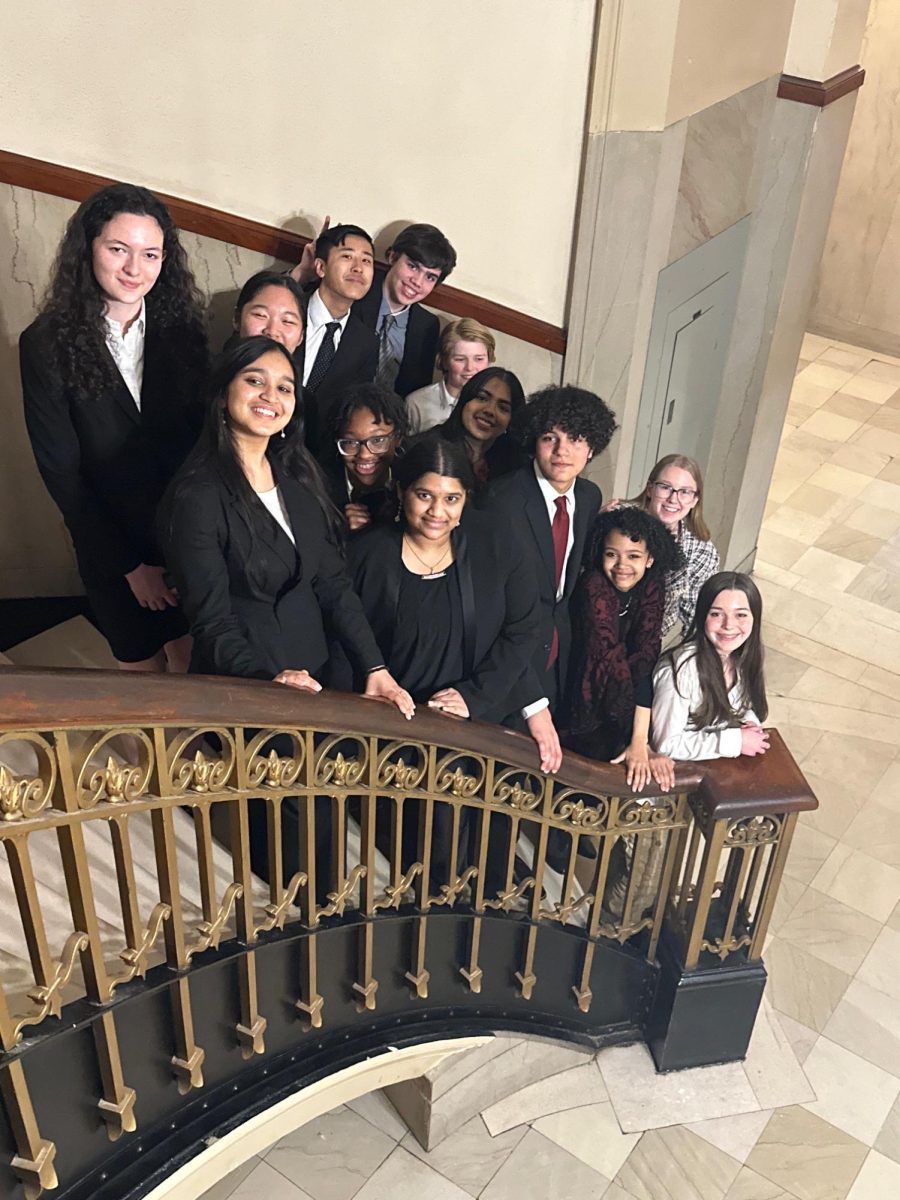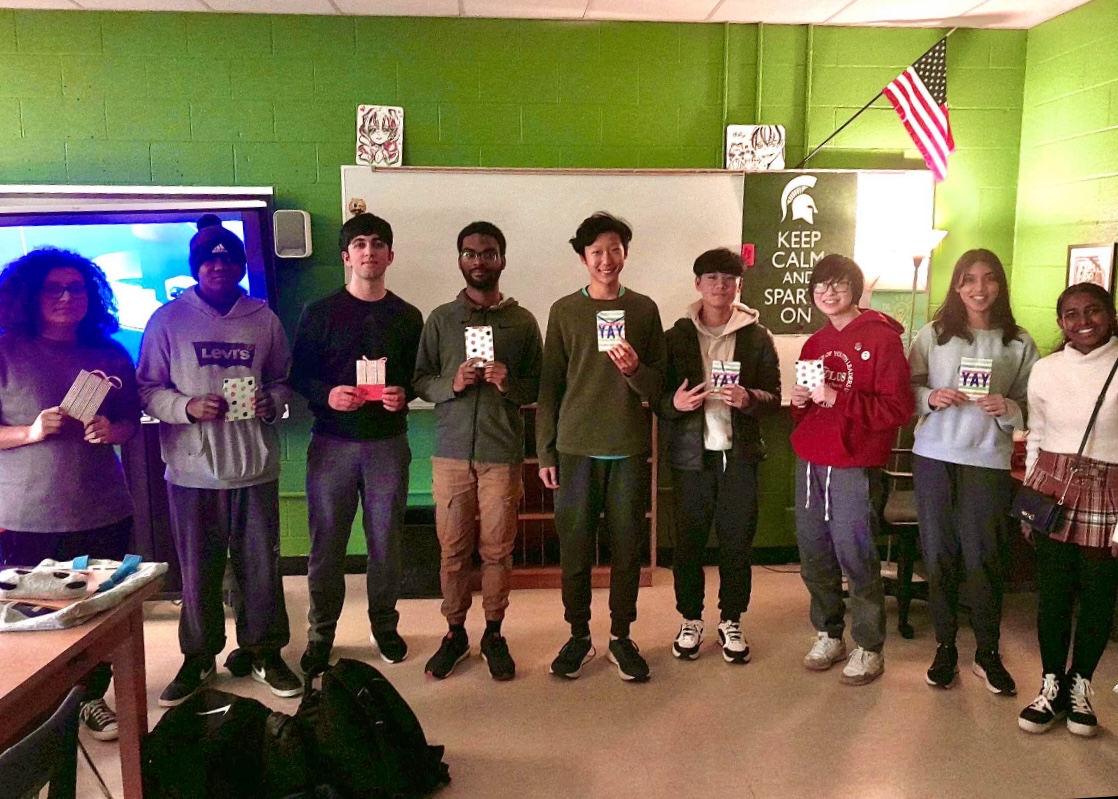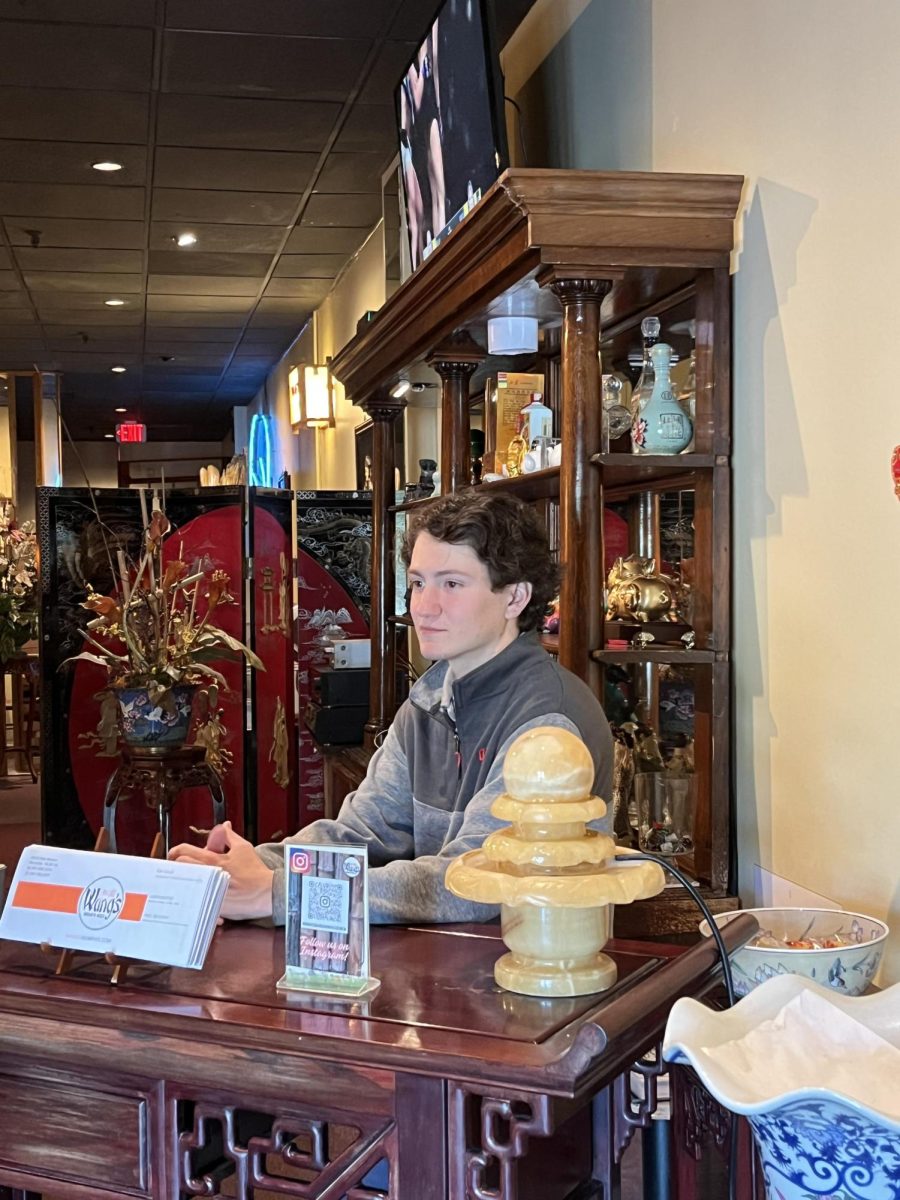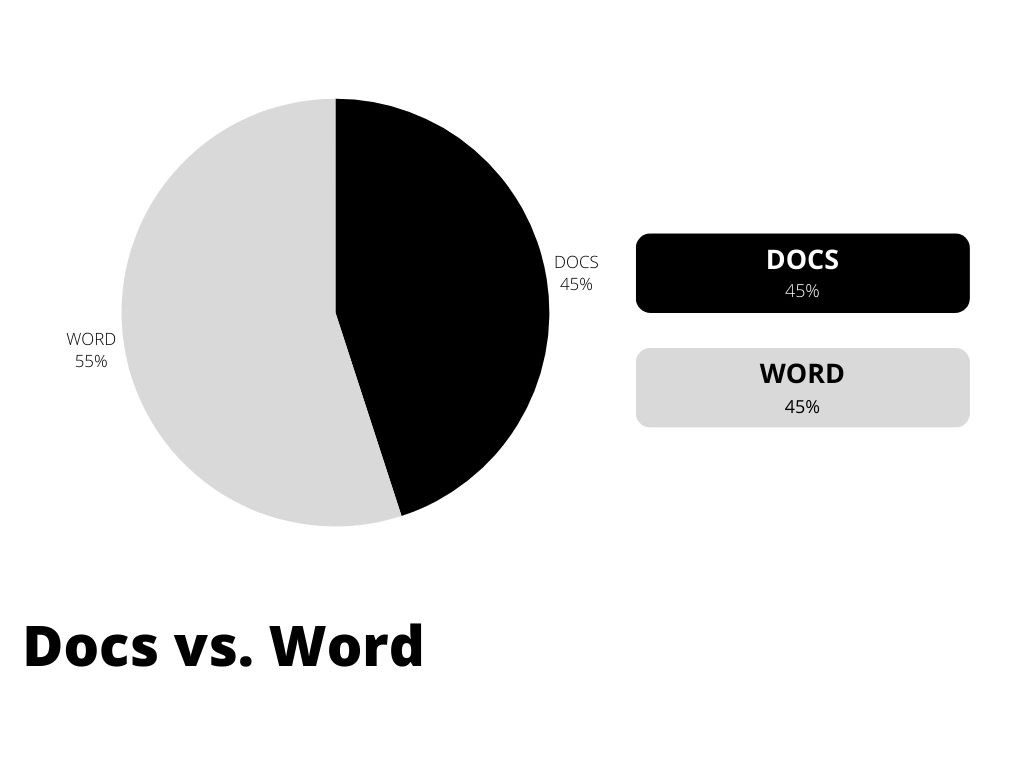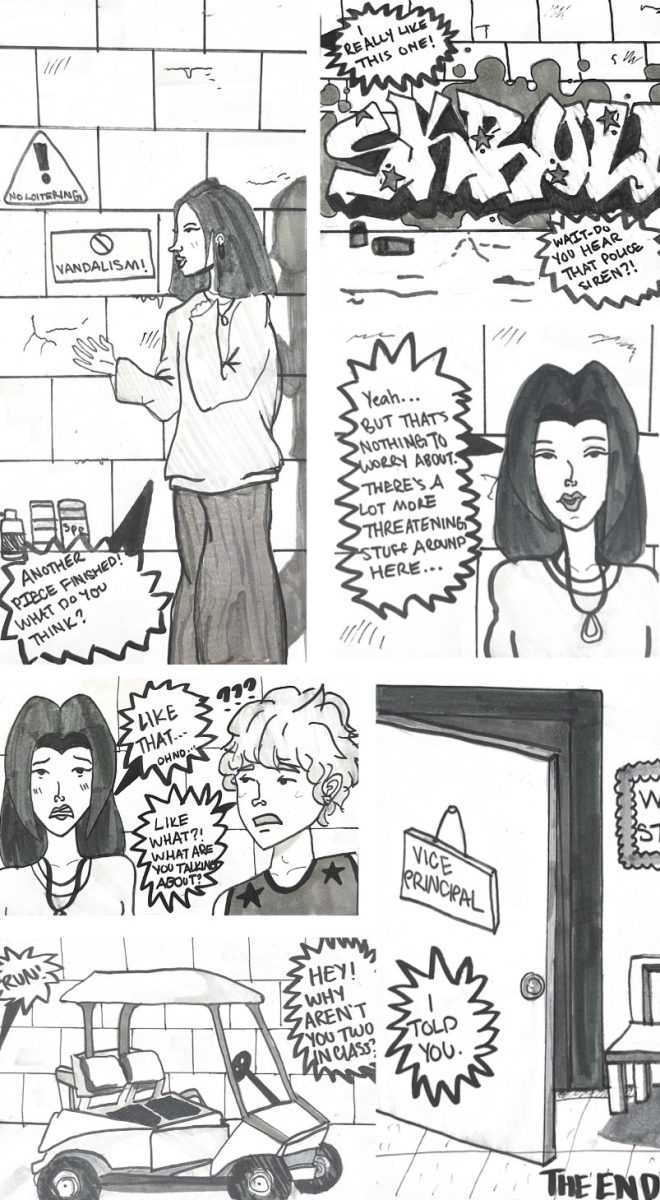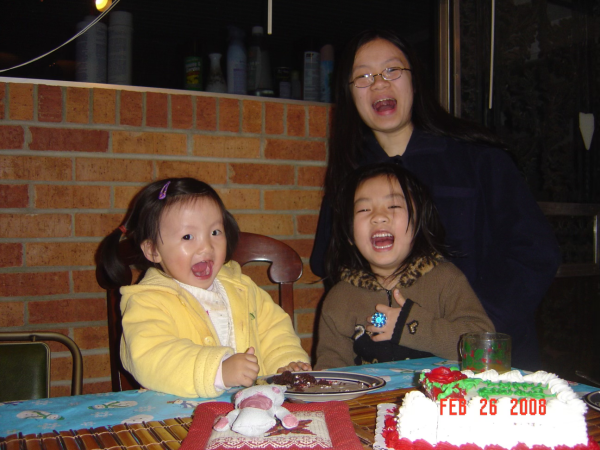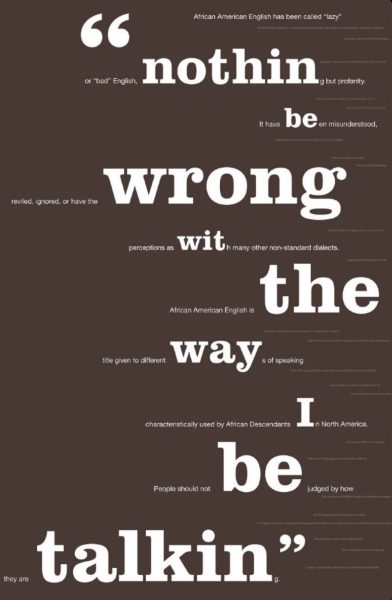The new norm
When you hear a curse word, what is the first thing that comes to your mind? Does profanity offend you in any way or do you just vaguely remember hearing it? For most people, the latter is the case because these strong words have lost the hysteria they once held.
“I do think that they have lost their shock value, at least to people who use them a lot,” Akin Bruce (12) said. This is a prime example of what people in our generation feel regarding cursing. Yes, it may be a way for different people to let out what they are feeling in unique ways but the overall meaning of the expressions have lost their initial comprehension.
In earlier years, cursing was not as ubiquitous as it is now. People would only utilize these words if they had strong feelings about a particular subject, and even then it was rare to hear. “I don’t really react to curse words anymore because I hear them so often. It’s taboo, but it’s not taken as serious as it may have been when our grandparents were in school,” Victoria Robinson (10) said.
Nowadays, it is common to hear an “f-bomb” or two dropped in a sentence describing what someone did on their day off from school; the words are used to describe daily actions instead of rare emotions. Nevertheless, some people do think that cursing has not gotten out of hand. “No I don’t think cursing has lost its shock value because others should not be concerned with what people are saying and people should be able to say what they wish,” Skyy Wheat (11) said.
But in actuality, curse words have lost their initial appall because people don’t react when they hear the words. It is so common in our society to walk past someone cursing and not even register the weight of the words they are saying because you hear them so often in the day-to-day life. “Cursing has become so ubiquitous because we say the words so often and they are also used on numerous occasions in the media,” Dr. Tsz Chan said. For example, reality TV shows showcase celebrities who have bad attitudes and use these expressions because it provides our generation with entertainment. People also tend to refer to themselves by curse words because they assume that it gives them a higher status. But in reality they are simply repeating things that have nothing more than a pejorative meaning, which just extends upon the fact that cursing has lost its initial shock value.
Despite all of this, students at White Station do not think that these attitudes should change. “It is people’s freedom of speech to say what they want, so who am I to change that,” Wheat said. This holds a large truth in how we should view cursing. Yes, cursing has lost its shock value, and yes it will continue to become increasingly used, but just because we would like to change this fact does not mean that we should or can.
Your donation will support the student journalists of White Station High School. Your contribution will allow us to purchase equipment and cover our annual website hosting costs.

